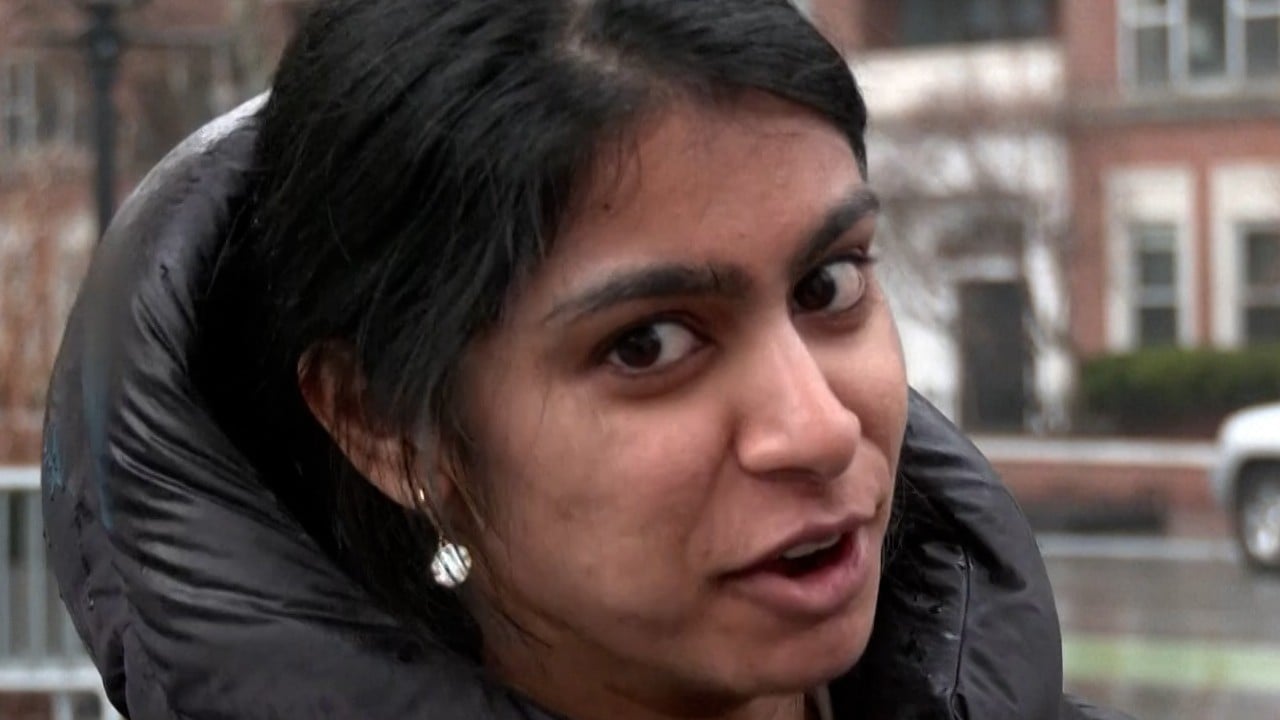
China’s muted presence at Cannes advertising festival highlights darker consumption outlook
- Tiktok, AI innovation and the Indian market were in the spotlight at the Oscars for ads this year. There was less excitement over the Chinese market
- As Beijing looks to boost consumption, it should consider giving online marketing a freer rein
China didn’t use the Lions to announce that it is open for business. Its muted presence contrasted with the beachfront sanctuaries of Google, Meta, Amazon, Dentsu and even newcomer Saudi Research and Media Group. Yes, a Chinese agency did win a Titanium Lion, the country’s first. But the United States overwhelmingly dominated the awards, followed by Brazil and Britain. In the Asia-Pacific, Australia, India, New Zealand and Japan were the top winners.
I detected no real buzz about the China market at the festival, attended by some 15,000 people, unlike the excitement over Latin America, Saudi Arabia or India, or around the topics of AI, diversity and Generation Z, or even about the Foo Fighters concert.
It suggests a darker outlook for China’s consumption this year, amid speculation among local media buyers that ad budgets were contracting. It is hard to imagine how the world’s largest e-commerce market can thrive in the long term without unfettered communications, which marketers leverage to reach out to consumers, especially when spending confidence is flagging.

The Chinese market seems to be missing out on – or at the very least, seems estranged from – the latest advertising and marketing trends, which promise a reinvention of ways to influence how we think and buy.
Yet Chinese-owned TikTok, which is unavailable in China, has a stand-out offering, having successfully engaged with audiences, especially those tired of the lengthier product pushes on YouTube. The early days of TikTok influencers using fluorescent purple hair and better-than-Beyoncé dance moves to go viral has given way to insights emerging from behavioural economics and new AI tools.
In the ever-growing challenge of attracting interest, personalised interaction is essential, as is syncing advertising in real time to an individual’s mood, desires, habits and intellect. With “physical” interaction the ambition, TikTok has unveiled two tools: “shake” your mobile or “tap” on an image to do a task, such as breaking up a cookie. Completion is rewarded with virtual confetti and possibly a discount code. Meanwhile, data is collected to learn more about what makes you tick.
The Cannes gathering was also alive with talk of generative AI. The looming threat to jobs aside, AI has become ubiquitous and its abilities are being tapped to generate ad campaigns. For instance, Alibaba has created a virtual influencer called Noah, with customers voting for his character style and interactions with customers set to influence his development.
Despite the new developments, much of advertising’s playbook remains the same. In marketing, one must do three things: Attract attention. Retain it long enough to cause a twitch in one’s thinking. Convert that into action.
To accomplish this, AI can be used to amass and analyse data to orchestrate personalised customer interactions. The potential is staggering, although early efforts show AI-generated content still needs to be fine-tuned to better align with a marketing campaign’s voice and its targeted audience.
Despite global lay-offs and cost cuts, at Cannes, there was little concern about a global recession. The gathering showed that many possibilities are up in the air but clients are spending money.
James David Spellman, a graduate of Oxford University, is principal of Strategic Communications LLC, a consulting firm based in Washington, DC



